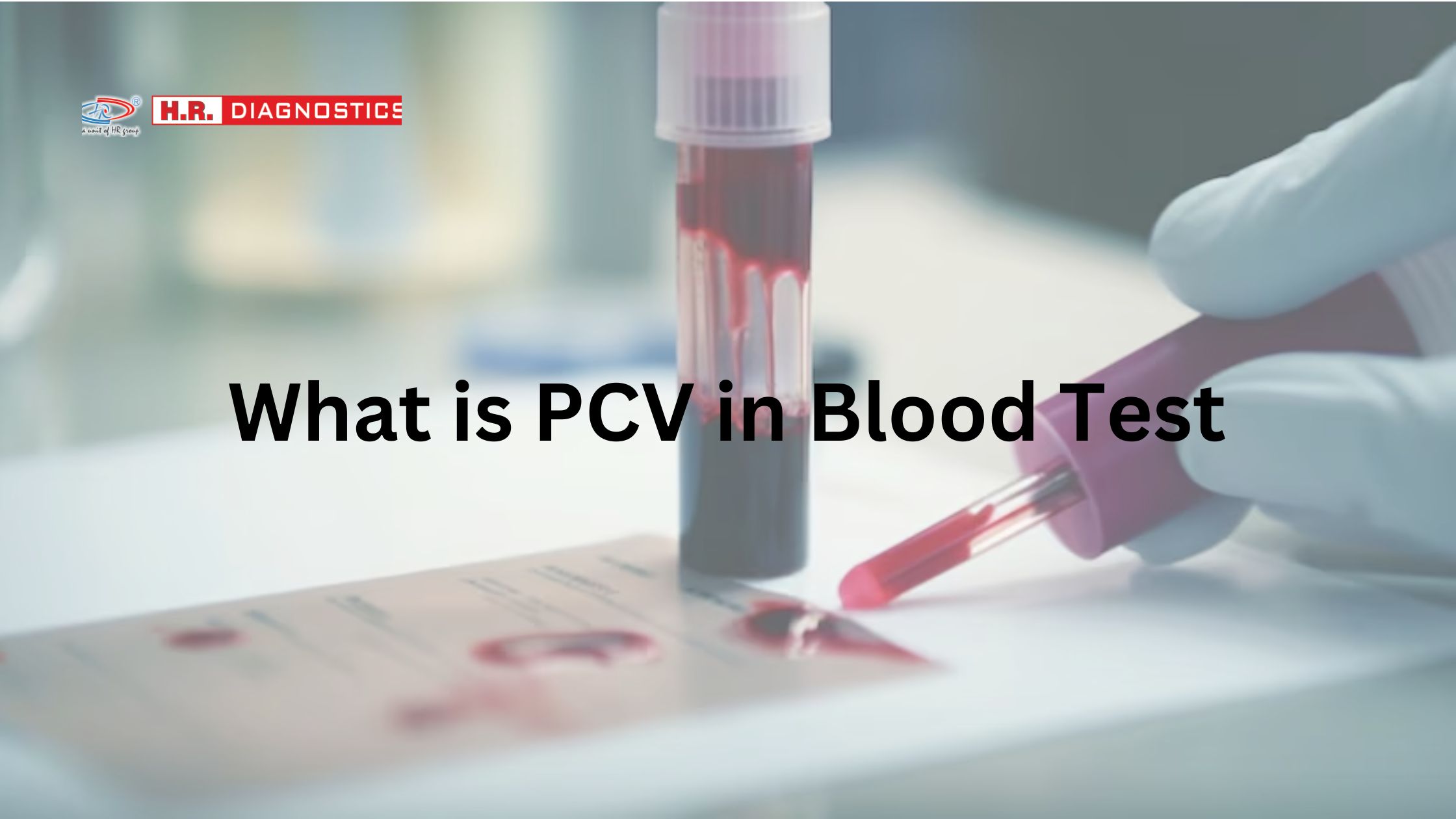What is PCV in Blood Test?
Understanding the Importance of PCV in Blood Tests
How is the PCV Blood Test Conducted?
Normal PCV Ranges
The normal PCV range varies by age and gender:
- Men: 40.7% to 50.3%
- Women: 36.1% to 44.3%
- Children: 32% to 44%
Interpreting PCV Results
High PCV levels might indicate dehydration or disorders like polycythemia vera, while low levels could signify anemia or bleeding disorders. However, it is important to discuss the results with your healthcare provider to understand what they mean for your health.
What is PDW in Blood Test?
Platelet Distribution Width (PDW) measures the variability in the size of platelets. It is a part of the CBC test and provides insight into platelet production and function. Abnormal PDW levels can indicate conditions like thrombocytopenia or thrombocytosis.
Why is PDW Blood Test Important?
PDW is crucial for diagnosing platelet disorders, which can affect blood clotting and lead to conditions like excessive bleeding or clot formation. Understanding your PDW can help in managing these conditions effectively.
Conducting the PDW Blood Test
Similar to the PCV test, the PDW test involves drawing a blood sample and analyzing it in a laboratory. The variability in platelet size is measured, providing valuable information about your platelet health.
Interpreting PDW Results
A high PDW can indicate a higher variation in platelet size, often associated with platelet production issues or disorders. A low PDW suggests uniform platelet size, which is generally normal but must be interpreted in conjunction with other platelet indices.
Understanding Dengue Blood Test
Dengue is a viral infection transmitted by mosquitoes. The dengue blood test detects the presence of the virus or antibodies against it in your blood, helping diagnose dengue fever early and accurately.
Importance of Dengue Blood Test
Early detection of dengue through blood tests is crucial for timely treatment and preventing complications. Dengue can cause severe symptoms and potentially life-threatening conditions like dengue hemorrhagic fever and dengue shock syndrome.
Types of Dengue Blood Tests
- NS1 Antigen Test: Detects the virus in the early stages of infection.
- IgM and IgG Antibody Tests: Detect antibodies produced in response to dengue infection, useful in later stages or past infections.
Conducting the Dengue Blood Test
A blood sample is taken and analyzed in a laboratory. The type of test chosen depends on the stage of the infection and the symptoms presented.
Interpreting Dengue Test Results
The Convenience of Blood Test Home Collection
Benefits of Blood Test Home Collection
- Convenience: Avoid long waits at diagnostic centers.
- Comfort: Get tested in the comfort of your home.
- Safety: Reduces exposure to potentially infectious environments.


Leave a Reply